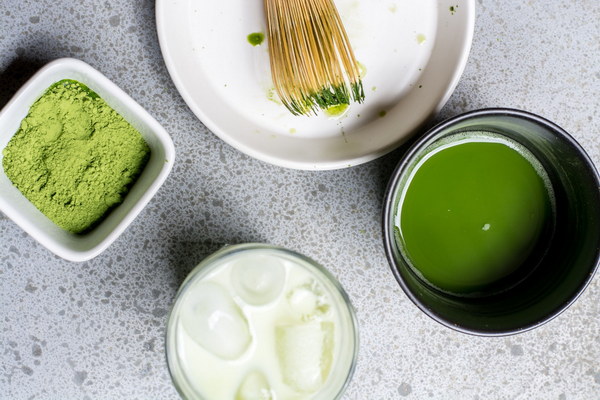Common Misconceptions About Dietary Supplements Unveiling the Truth
In the quest for health and wellness, many individuals turn to dietary supplements as a quick fix to bridge nutritional gaps or enhance their well-being. However, amidst the plethora of supplements available on the market, several misconceptions persist, leading to potential health risks and ineffective usage. Let’s delve into some of the common misconceptions about dietary supplements and shed light on the truth behind them.
1. Misconception: More Supplements Mean Better Health
Truth: The idea that more is better when it comes to supplements is a fallacy. In reality, excessive intake of certain vitamins and minerals can lead to toxicity and adverse health effects. For instance, excessive vitamin A can cause liver damage, while too much iron can lead to heart problems. It is crucial to follow recommended dosage guidelines and consult with healthcare professionals before starting any new supplement regimen.
2. Misconception: Supplements Can Replace a Balanced Diet
Truth: While supplements can fill nutritional gaps, they cannot replace the benefits of a balanced diet. Foods provide a complex mix of nutrients, including fiber, antioxidants, and phytochemicals, which supplements often cannot replicate. A varied and balanced diet is the cornerstone of good health, and supplements should be seen as a supplement, not a substitute.
3. Misconception: Natural Supplements Are Safer Than Synthetic Ones
Truth: The safety of a supplement is not determined by whether it is natural or synthetic. Both natural and synthetic supplements can be safe when used appropriately. However, natural supplements can sometimes contain contaminants or impurities, which can pose health risks. It’s essential to ensure that supplements are from reputable sources and have undergone quality control measures.
4. Misconception: Supplements Can Cure All Diseases

Truth: Despite the claims made by some supplement manufacturers, no supplement can cure all diseases or replace medical treatment. While certain supplements may have health benefits, they should not be considered a replacement for medical care. If you have a medical condition, it’s important to consult with a healthcare professional before taking any supplements.
5. Misconception: Supplements Are Regulated Like Prescription Medications
Truth: Unlike prescription drugs, dietary supplements are not rigorously tested for safety and effectiveness before being sold to the public. While the FDA does oversee the supplement industry, it has a different set of regulations compared to those for prescription medications. This means that supplements can contain hidden ingredients, and their quality and purity may not always be guaranteed.
6. Misconception: Supplements Are Only Needed for the Elderly
Truth: Supplements are not exclusive to the elderly. Individuals of all ages can benefit from supplements, especially those with specific nutritional needs or health conditions. However, it is important to assess whether a supplement is necessary and to consider factors such as age, gender, lifestyle, and dietary habits.
7. Misconception: All Supplements Are Created Equal
Truth: The quality and efficacy of supplements can vary widely. Some supplements are produced using high-quality ingredients and rigorous manufacturing processes, while others may contain fillers, binders, or inadequate amounts of active ingredients. It’s important to research and choose supplements from reputable brands that undergo third-party testing.
In conclusion, while dietary supplements can play a role in supporting health and wellness, it is crucial to approach them with a critical eye and avoid falling into common misconceptions. A balanced diet, regular exercise, and consultation with healthcare professionals should always be the foundation of any health and wellness plan. By understanding the truth behind these misconceptions, individuals can make informed decisions about their supplement use and ensure they are using them safely and effectively.









